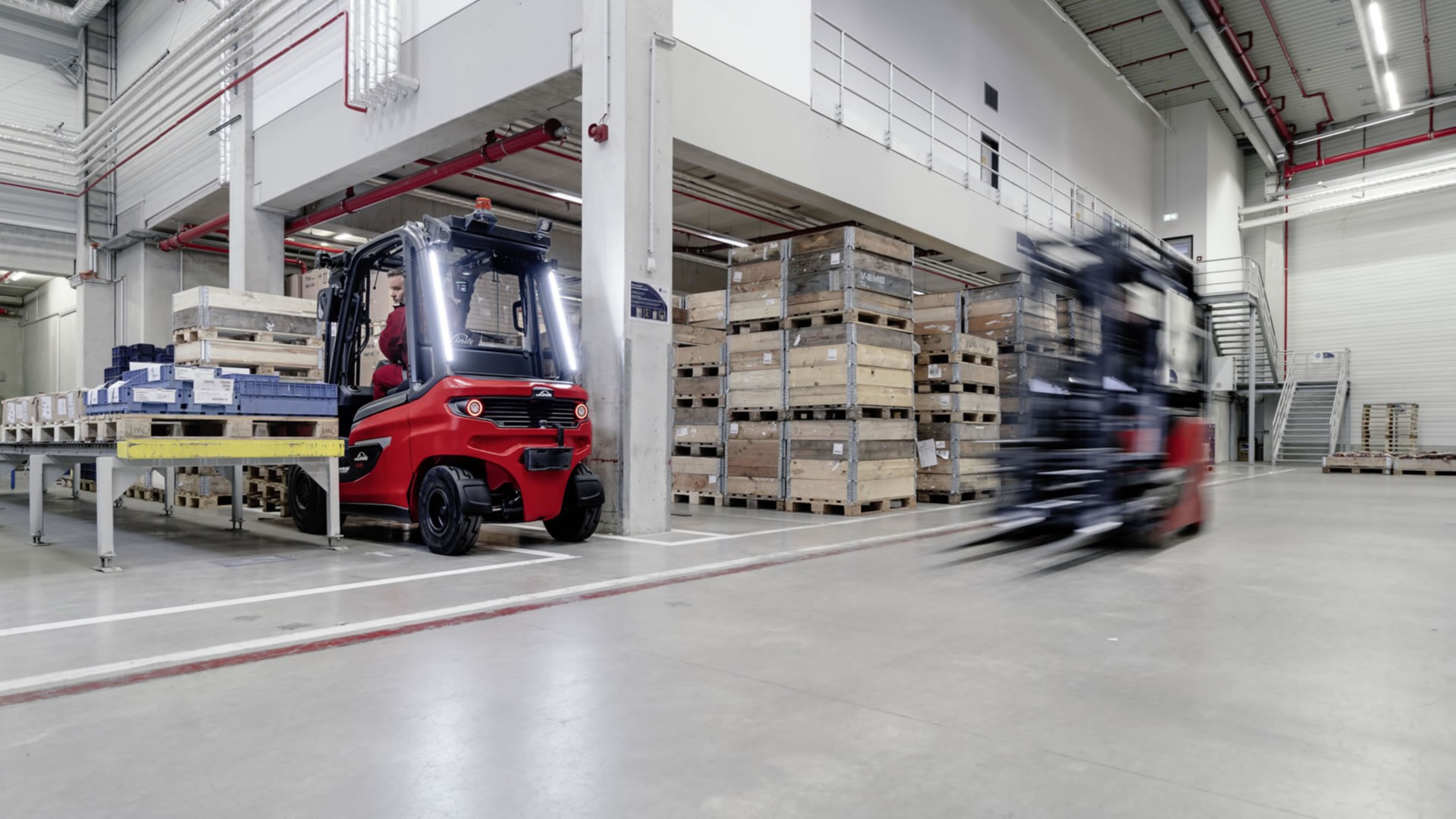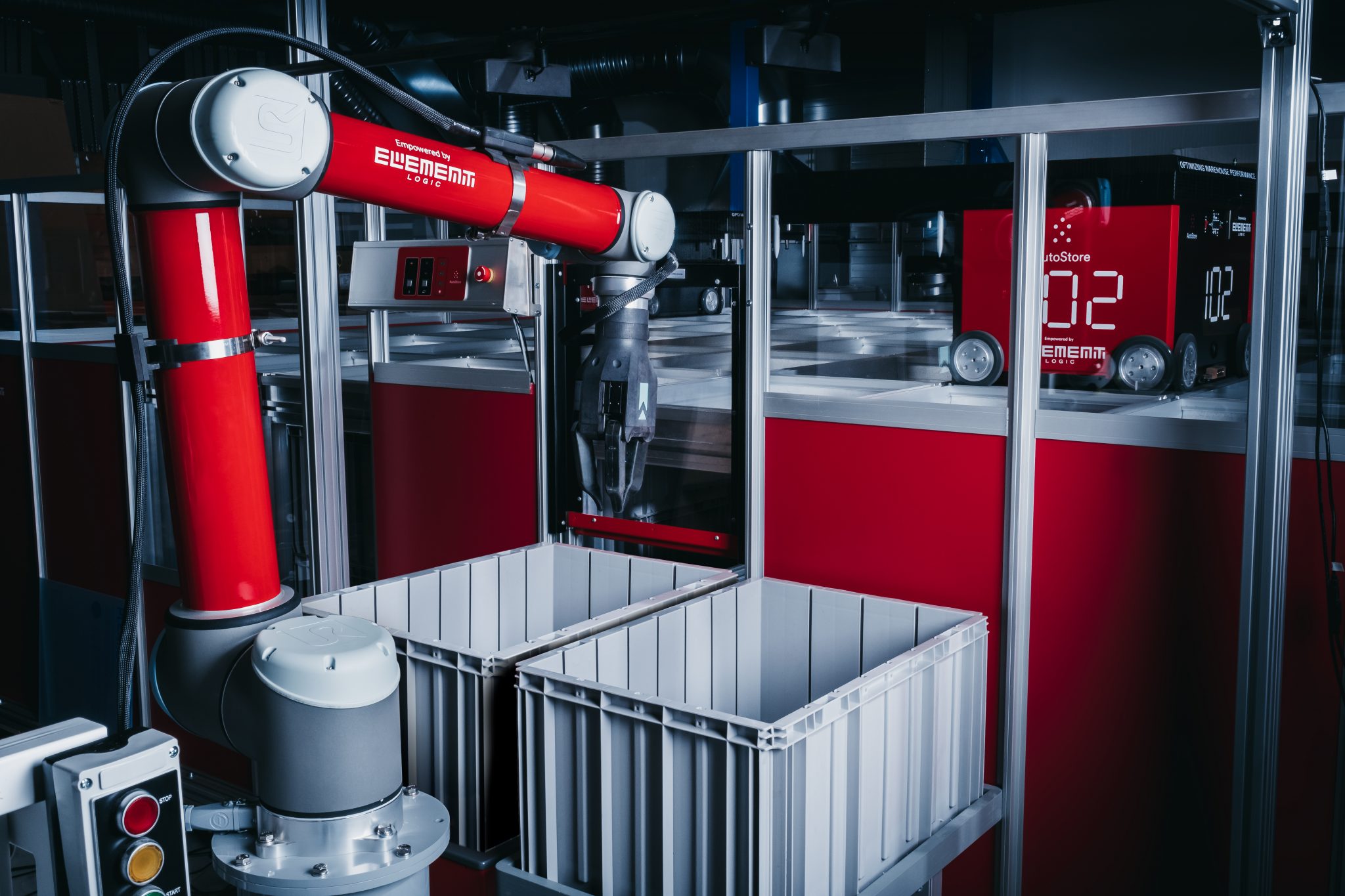This year’s winner of MM Maschinenmarkt’s “Best of Industry Award” in the Warehouse Equipment category is not a vehicle, but an assistance system. The “Linde Motion Detection” solution from intralogistics specialist Linde Material Handling protects pedestrians by registering movement behind a stationary forklift and preventing it from starting up. In this way, both operational safety and a productive operating process are taken into account, so that forklift drivers, warehouse staff and fleet operators all benefit at the end of the day.
From the time the competition was launched in 2016, there have never been more contestants participating in the “Best of Industry Award”. A total of 190 entries in 24 categories were received by MM Maschinenmarkt, a trade journal that is part of the Vogel Communications Group based in Würzburg. This year, the winners were decided exclusively by online voting, which ran for five months. During this period almost 20,000 votes were cast. Innovations and further developed solutions that were launched on the market between June 2021 and March 2022 qualified for submission.
Assistance system prevents truck from moving
“The fact that accidents, some of them serious, occur time and again in in-house transport is a truism,” said Bernd Maienschein, specialist editor of MM Logistik, at the online awards ceremony on 12th December. “Linde Motion Detection focuses in particular on movement behind the truck. When the system detects movement, it automatically prevents the truck from reversing and warns the driver via the display. Optionally, this warning can also be given acoustically.
“The vehicle can only be driven once the hazardous situation has been resolved and the accelerator pedal has been actively returned to its initial position. This safety measure triggered by Linde Motion Detection results in fewer accidents and – not to be overlooked – higher productivity in terms of the work equipment,” the editor adds.
“We are delighted that the Linde assistance system was chosen as a winner and see this as confirmation that we are on the right track with our efforts to improve safety in in-house material flow,” Fabian Zimmermann, Product Manager Safety, commented enthusiastically on the award. “This recognition from customers and industry experts motivates us to continue on our chosen path. It makes it clear just how crucially important the topic of safety is to operations. Many thanks to everyone who voted for Linde Motion Detection.”






